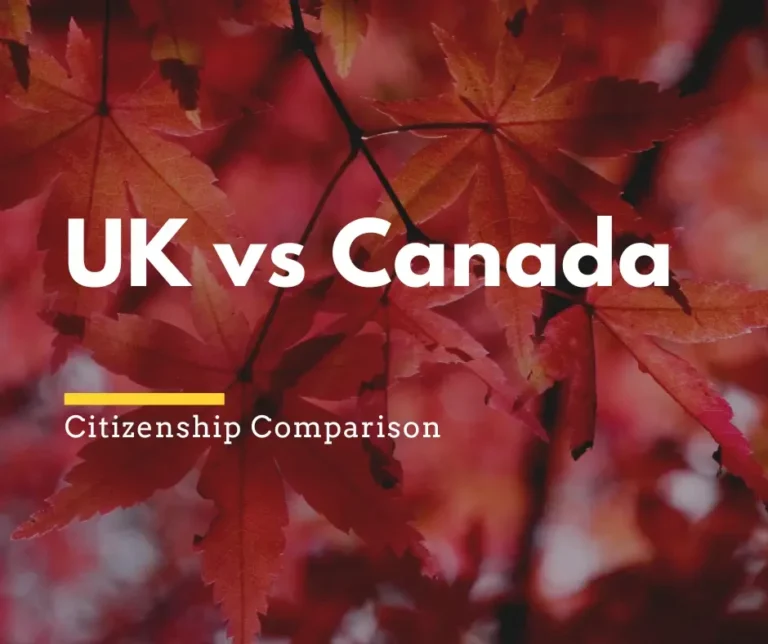LIFE IN THE UK CHAPTER TEST SERIES EXAM 4.3
The British Pound Sterling, often simply called the pound, has been the official currency of the United Kingdom since the 13th century. Its rich history and enduring stability have cemented its role as a pivotal element of the UK’s economic and political landscape.
A Brief History
To fully grasp the pound’s significance, it’s important to delve into its history. The currency’s name originates from the Latin term “libra pondo,” meaning “pound weight,” which reflects its original value in silver. Over the centuries, the pound has weathered numerous economic upheavals, such as the Napoleonic Wars, both World Wars, and the Great Depression. Despite these challenges, it has maintained its status as a global reserve currency, highlighting the UK’s longstanding economic influence.
The Pound as a Store of Value
One of the fundamental functions of any currency is to serve as a store of value, and the pound has historically excelled in this role. While inflation can diminish its purchasing power over time, the pound remains relatively stable compared to many other currencies. This stability has helped the UK establish a reputation as a safe haven for investors during periods of economic uncertainty.
Medium of Exchange
As a medium of exchange, the pound facilitates the buying and selling of goods and services within the UK economy. Its widespread acceptance ensures smooth transactions, from everyday purchases to large-scale commercial deals. The efficiency of the payment system, supported by banks and electronic platforms, enhances the pound’s role as a medium of exchange.
Unit of Account
The pound serves as a common measure for economic value. Prices of goods and services are quoted in pounds, simplifying cost comparisons and informed purchasing decisions. Additionally, the pound is used to calculate incomes, profits, and debts, providing a standardized measure for economic analysis.
The Pound on the Global Stage
The pound sterling is one of the world’s most widely traded currencies, reflecting the UK’s historical role in international finance. London, as a global financial center, hosts numerous banks and investment firms. The pound’s liquidity and convertibility make it an attractive asset for investors worldwide.
The UK’s decision to leave the European Union (Brexit) significantly impacted the pound. The currency experienced volatility as markets reacted to the uncertainty surrounding the future relationship between the UK and the EU. While the pound has recovered some of its losses, the long-term effects of Brexit on the currency remain to be seen.


